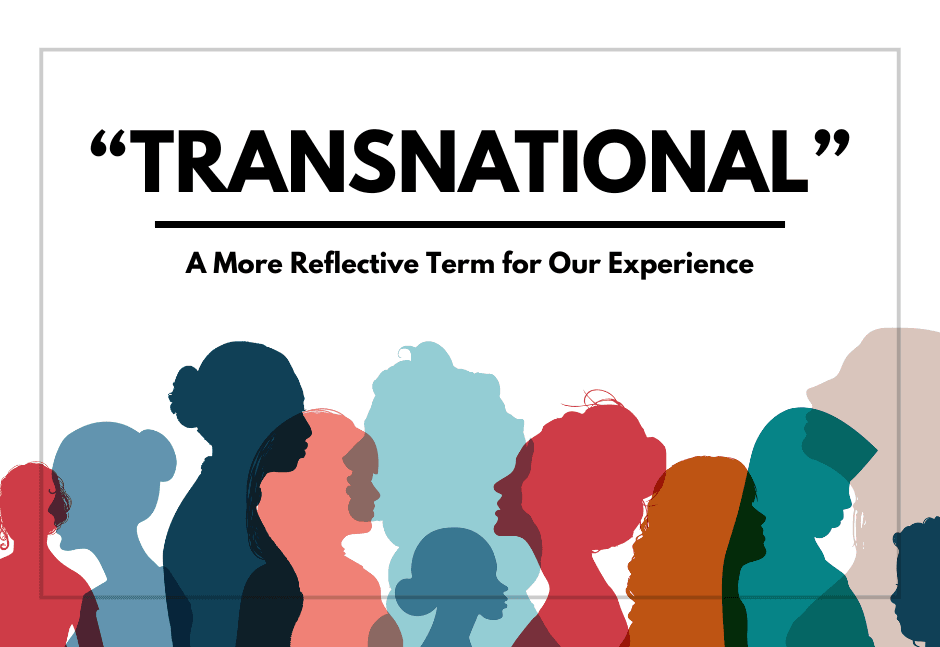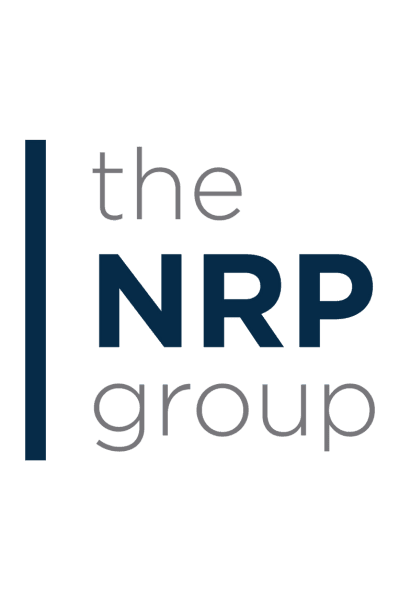
The term transnational adoptee is more than a linguistic choice—it’s a reflection of lived experience. For those adopted across national borders, identity is shaped not just by adoption itself, but by disconnection from language, culture, and legal belonging. At Adoption Network Cleveland, our Transnational Adoptee Support Group was created to hold space for these realities. Facilitated by transnational adoptees Sandi Morgan Caesar and Svetlana Sandoval, the group offers connection, understanding, and a shared recognition that the words we use matter—because they shape how we understand ourselves and the world around us.
Meeting virtually each month, the group is open to all transnational adoptees. Conversations often explore cultural identity, language and heritage loss, barriers to search and reunion, and the ongoing process of reclaiming a sense of self across the lines of immigration, adoption, and belonging. From the beginning, calling the group transnational—not international—was a deliberate choice.
“I really was the one who pushed for transnational over international,” said Sandi. “As we are all evolving in our consciousness and understanding of the issues and impact of relinquishment and adoption, we're seeing lots of changes in the terms we use... When I first encountered the term transnational, I was curious. Looking up the prefixes, 'trans' means across or from one to the other while 'inter' means between and implies a relationship. For me, and what I hear from others adopted from one country to another, there was very little, if any, INTERaction between our countries of origin and where we landed: we simply were TRANSported from one to the other.”
For many adoptees, international implies a mutual relationship or exchange between nations. But that’s rarely the case in cross-border adoptions. The term transnational more accurately captures the experience of being permanently displaced from one country to another—often without any sustained connection between the two.
“Transnational adoptee is much more reflective of my experience than international adoptee,” Sandi added.
While every adoptee’s journey is different, transnational adoptees often encounter particular challenges: loss of language, limited access to original records, complex legal issues around citizenship, and a lack of cultural representation in their adoptive communities. These experiences can be isolating; especially when adoptees are expected to feel “grateful” without being given space to process what’s been lost.
“Transnational adoptees face multiple additional complexities to the adoptee experience: language, heritage, and cultural loss, international barriers to search and reunion, and identity evolutions that come with our lived experiences as transnationally displaced people,” said Svetlana. “Transnational adoptees need communities that see, understand, and hold space to navigate the complexities of our experiences across borders.”
For some adoptees, returning to their country of origin or reconnecting with birth family becomes a long and uncertain process. Legal restrictions, documentation requirements, and language barriers often stand in the way—especially for those who lost their native language through adoption.
“These are no small feats,” Svetlana said. “Navigating legal barriers with a country of origin requires translation services or language knowledge that is often lost with adoption.”
Cultural reclamation can also be emotionally complex. Many adoptees feel like outsiders both in their adoptive communities and within the ethnic or cultural communities tied to their birth. There’s often no clear place of belonging.
“Often, we are the only immigrants who do not speak our native languages in cultural communities,” Svetlana shared. “Knowing there are others navigating the process of cultural reclamation can make the process less isolating when we don't feel we fit into either our adopted cultures or ethnic communities of origin.”
The Transnational Adoptee Support Group was created to address the gaps that traditional adoptee spaces don’t always fill. Some countries of origin have established adoptee-led communities—but not all. That makes shared, cross-cultural space even more important.
“This space is important because not all transnational adoptees’ countries of origin have established and organized community spaces for connection with other adoptees with their shared origins,” said Svetlana. “We recognize that all transnational adoptees can find community with each other in our shared experiences and have the ability to empathize with the nuances and barriers we face individually based on our specific countries of origin and circumstances.”
Sandi and Svetlana emphasize that there’s no expectation to arrive at the group with everything figured out. The space is meant to be open, affirming, and accessible.
“Come as you are, wherever you are on your journey,” Svetlana said. “Know you are with people who understand.”
The Transnational Adoptee Support Group meets virtually on the second Tuesday of each month from 7–9 pm ET and is free and open to all transnational adoptees, regardless of country of origin. Facilitated by trained volunteers and adoptees themselves, the group offers a space where language is intentional, complexity is welcomed, and connection is possible.
Through the thoughtful leadership and lived experience of Sandi and Svetlana, this group continues to grow as a place where identity, loss, and healing can be explored in community. If you are a transnational adoptee, you are not alone. This space is for you. To sign up or learn more, visit our event calendar and register for an upcoming session.















